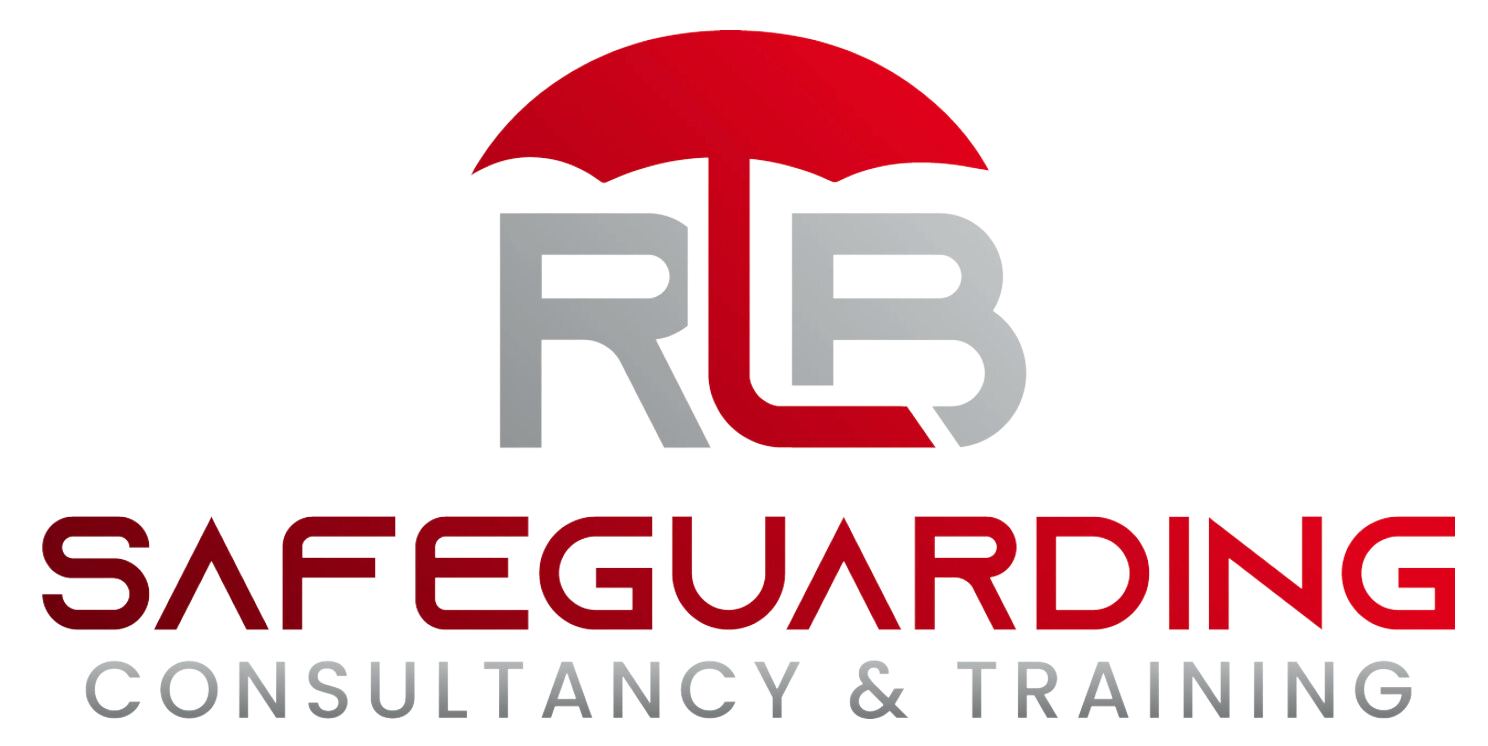Safeguarding People with Drug and Alcohol Addictions: A supportive and recovery approach (Through an Employer’s Lens)
Drug and alcohol addictions can be extremely complex and often misunderstood, especially when we view this from a workplace perspective. Addiction is an issue that affects millions of people worldwide and also the ripple effect takes shape in many ways.
Addiction recovery requires care, understanding, and appropriate interventions and it is important that we understand what parts we can play in achieving better outcomes for all.
When we think addiction, safeguarding people with addictions is something we must consider in ensuring a person’s wellbeing, promotion of recovery, and most importantly preventing harm.
In this blog, we will explore the importance of safeguarding people with addictions or those who are using alcohol and drugs, key strategies for support, and how as an employer you can adopt a more proactive, compassionate, and recovery-based approach.
Safeguarding in the context of addiction, involves creating a supportive environment that both minimises risks and also maximises opportunities for recovery. There are often a range of complex issues that go hand-in-hand with addiction such as relationship breakdowns, exploitation, homelessness, mental health issues, and potential overdose.
People can find themselves in extremely complex and risky positions when under the influence or in a vulnerable mental state and it is important to be prepared and preventative with approaches to mitigate risk and promote recovery as an employer.
There are a range of risks that employers should consider for those who are using drugs and alcohol either off duty but also in work that can include:
Physical safety- Increased accidents and injuries, dangerous use of machinery, and aggressive or erratic behaviour that can harm others.
Performance issues- Increased episodes of absence, lateness, and presenteeism that can lead to dismissal. Poor decision making with their job role or personal life.
Workplace culture- Episodes of conflict, aggressive outbursts and inappropriate behaviour towards other colleagues. Increased issues regarding bullying or harassment. Damage to a company’s reputation.
Mental health crisis- Increased episodes of stress and burnout, long term health issues and suicidal thoughts and self-injury or harm.
Company legal concerns- Potential lawsuits if an employee is under the influence at work, theft and fraud to support a habit, and increased compensation claims if workplace accidents are increased.
A strong safeguarding and recovery focused approach acknowledges that individuals with addictions deserve dignity, respect, and access to appropriate care rather than stigma and punishment is the best place to start. By raising awareness, employers can reduce stigma and create an environment where people feel comfortable seeking help.
Our RLB top tips for Safeguarding Individuals with Drug Addictions
Providing education on the risks of substance abuse via policy and staff information.
Offering support programs for individuals at risk via Employee Assistance Programmes or Recovery Coaching. Ensuring these services are affordable and available reduces the risk of severe health complications and helps individuals on their journey to recovery.
Encouraging open conversations about mental health and drug use.
A compassionate approach to drug addiction requires policy changes that shift the focus from criminalisation to rehabilitation.
Use non-judgmental language when discussing drug use.
Support policies and initiatives that prioritise treatment over punishment.
Encourage personal stories of recovery to inspire hope.
Safeguarding people with addictions at work is not just about signposting to treatment, it is about offering empathy, support, and practical solutions that address the root causes of addiction. By having a strong focus on harm reduction, access to treatment, legal reforms, and breaking down stigma, we can create a society where individuals struggling with addiction are given the chance to recover and thrive.
Addiction does not define a person. With the right support and opportunities, recovery is possible, and every individual deserves the chance to live a healthier and more fulfilling life.
If you’d like any support with drug and alcohol policies from a safeguarding lens please contact us for a free chat here
At RLB, we have partnered with Wellbeing Academy, and we are hosting a complimentary webinar on 14th April at 11am
Breaking the Last Taboo of Wellbeing at Work: Addiction and Recovery (Guest speaker- Emily Pearson from Wellbeing Lead Academy) A Complimentary Event for HR and Wellbeing Leads.
The link to book and join us is here
